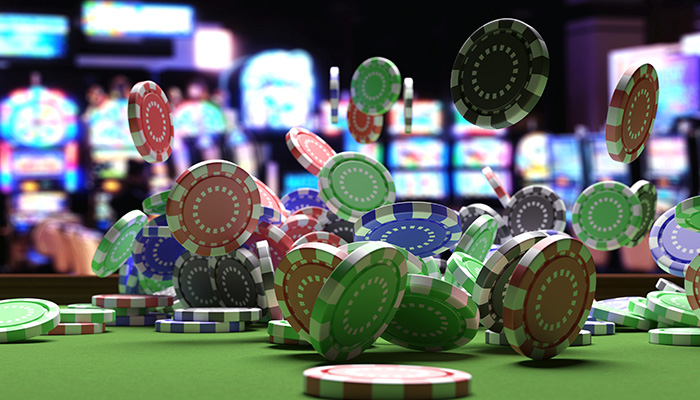
Casino games have been a source entertainment and excitement for countless players around the world. One of the main components that make these games engaging is the diversity of playing cards used in various kinds of games. Grasping the different kinds of cards can improve your gaming experience and improve your gameplay approaches. Whether you are drawn to traditional card games like poker and blackjack or modern casino games, each game depends on a distinct set of cards that influences the rules and the rhythm of play.
In casino environments, cards appear in various forms, each tailored to fit the needs of particular games. From standard decks to specialized card types, the diversity plays a key role in shaping the mechanics of each game. By acquainting yourself with these cards and their uses, you can gain deeper insights into the games and make more informed decisions at the table. This knowledge not just enhances your overall gaming experience but also contributes to a higher-level approach to your chances of winning.
Types of Playing Cards
When discussing casino games, the type of playing cards used can greatly impact the gameplay and strategy. The most frequent deck is the standard 52-card deck, which consists of four suits: hearts. Each suit contains 13 ranks, from ace to King. This traditional deck is essential in numerous games, such as poker, where players aim to form the best hand possible or get as close to 21 as they can.
Some casino games utilize special decks specifically designed for the game itself. For instance, the well-known game of baccarat often uses various decks combined, typically six or eight. This not only increases the difficulty of the game but also affects wagering strategies, as participants must account for the increased number of cards in play. Additionally, some games may introduce jokers or wildcards, providing further diversity and thrill to the gambling experience.
In niche games, specialized decks may come into play. For instance, in games like bridge or pinochle, participants might use specific rules with varied card values or roles. These changes keep the gameplay new and allow for diverse strategies to appear. Understanding the different types of playing cards and their specific uses in different casino games is key to improving one’s gambling experience and boosting overall results at the tables.
Deck Modifications in Gambling Activities
In gambling games, the kind of set of cards utilized can significantly impact both the gameplay and the strategies used by players. Most classic card activities, such as 21 and five-card draw, typically use a regular 52-card pack. However, modifications do exist where extra jokers or even several packs are used. For instance, in blackjack, some gaming establishments may use one to eight packs, which can change the probabilities and the basic tactics needed to compete effectively. Participants must be aware of the set of cards makeup, as it influences the casino advantage.
Another common variation in gambling card games is the utilization of themed or specialized packs. For example, some poker activities might use a set of cards that includes unique images or patterns, which can enhance the environment at the gaming table. These custom packs often serve to distinguish between different play formats or loyalty programs within the gaming establishment. While the traditional rules of the game remain the same, the visual appeal can affect participant engagement and enjoyment.
Finally, the mixing techniques used with various types of decks can also impact gameplay. Gaming establishments often utilize automatic shufflers that can effectively shuffle multiple packs efficiently, making card counting more challenging. The rate and manner of shuffling can differ widely based on the game and the casino’s policies. Comprehending these card variations is important for any participant seeking to enhance their game strategy and overall satisfaction in casino activities.
Importance of Playing Card Values
In gaming games, the value of each playing card plays a critical role in determining the outcome of different activities. Various games assign distinct worths to cards, affecting strategies and player choices. For instance, in 21, cards numbered two through ten are valued at their face value, while face playing cards hold a value of 10, and the Ace can be worth alternatively 1 or eleven. FB88 link Understanding these worths allows players to make knowledgeable choices during gameplay, improving their chances of winning.
Likewise, in the game of poker, the value of playing card values extends to hand and hand hierarchies. Strong cards can form more powerful hands, such as pairs, straights, or flush hands, which are essential for triumph in the game. Players must consider not only their personal hand but also likely combinations their rivals might hold. This tactical complexity adds excitement and challenge, making playing card values a important element in the appeal of poker appeal.
Furthermore, the psychological aspect of card worths cannot be overlooked. Players may use the awareness of playing card values to bluff or mislead their opponents. By grasping how a card’s worth can affect the game’s dynamics, gamers can better manage risks and rewards, creating a thrilling environment in casino games. Whether playing for entertainment or for actual money, knowledge of card worths significantly shapes the overall gaming experience.